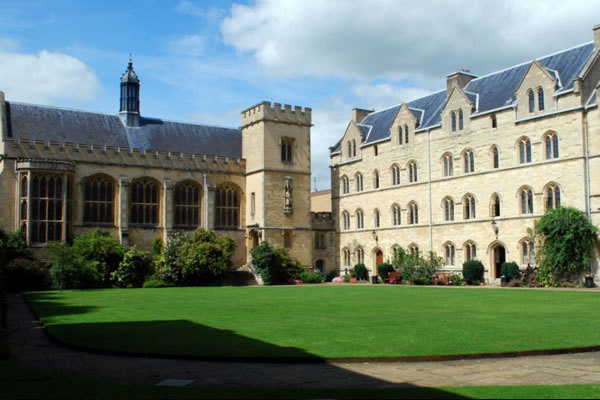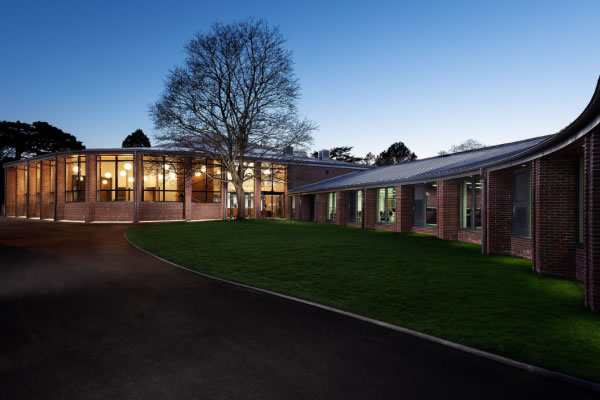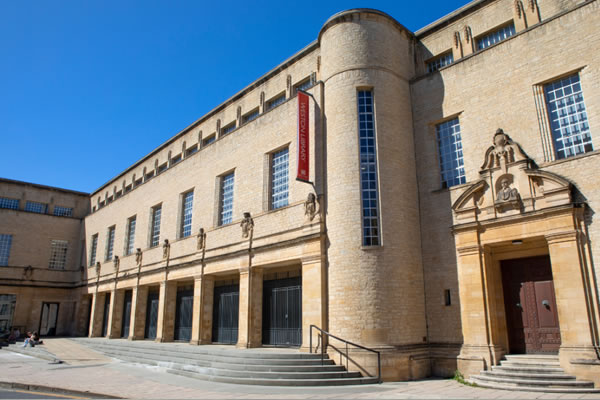- 4, Isis Business Centre, Oxford, OX4 2RD JOIN OUR TEAM
Request Form
Balliol College
Upgrading a 50+ Year-Old
Fire Protection System
Balliol College was established in 1263 and is one of the oldest colleges in the University of Oxford. It is also one of the largest, with almost 400 undergraduate students and an equal number of postgraduates. Highly sought-after as a conference venue out of term time, Balliol’s 11 meeting rooms and 260 bedrooms are in constant use year-round.
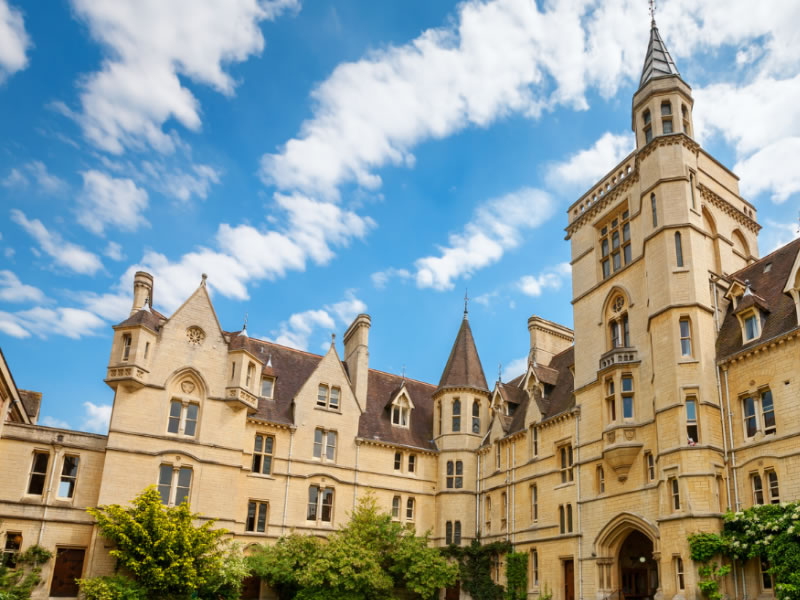
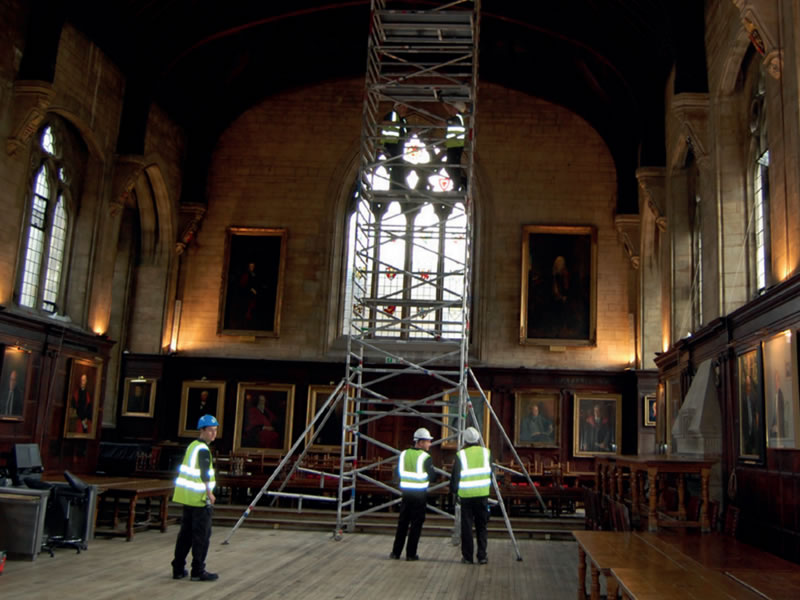
The Challenge
The college’s original fire system was installed in the late 1960s and although the field devices had since been replaced, the original cabling was still in use. After thirty years, the 10,000 metres of cabling was rapidly deteriorating and urgently needed replacing.
Paul Mulford, Balliol College’s Clerk of Works commented, “Our fire system was not only reaching the end of its useful life, but needed upgrading to meet today’s regulatory standards. We conducted a thorough fire risk assessment and after reviewing the results, Chris Lewis’ engineers advised us that the college required a fire system that met Level Two protection standards. That meant a significant upgrade was needed.”
Where possible, legacy equipment was to be reused and functionality enhanced through system upgrades. In this instance, Balliol’s existing fire detectors had been discontinued and the College wanted to move to an open protocol, so they would not be tied to a single manufacturer. Therefore, it was determined that a comprehensive replacement of the system would be more cost-effective in the long run. Paul Mulford added, “We were undertaking an extensive upgrade and nervous about inconveniencing staff, students and conference guests. However, we have a very close relationship with Chris Lewis and were confident that they had the skills and experience to design and install our new system without unnecessary disruption.”
The Solution
Our engineers conducted an in-depth site survey to assess Balliol’s fire protection requirements. The new system needed to be considerably larger than the original to meet modern regulations. The final design included over 1,000 detectors, a threefold increase.
It was essential that the fire system was operational at all times, so the new system had to be installed before the old one could be decommissioned. This made it impossible to lay the new cables in the original channels, so new cabling routes were needed.
This was a challenge due to the age and nature of many of the buildings. Many have solid stone walls, floors and ceilings. Several are also listed, dating back to the thirteenth century. Each building was individually assessed to ensure the installation minimised the impact on its structure and aesthetics.
Another challenge was installing the new system without disruption the running of the college. Paul Mulford commented, “Chris Lewis Fire & Security’s engineers worked closely with me and the Accommodation Officer to schedule planned works around the college’s busy diary and were extremely flexible.”
The final challenge lay in Balliol’s 17m high Great Hall. When the alarm was upgraded, a six-story scaffolding tower was needed to reach the ceiling smoke detectors. This opportunity was so rare that Balliol’s own facilities team used the scaffolding to inspect the roof timbers for the first time in 75 years.
Balliol’s new fire alarm system is divided into six separate zones, each networked onto a single platform and control panel. If an alarm is activated it will only sound in the affected area and therefore not cause unnecessary disruption to other parts of the college. By integrating the six systems onto one platform Balliol can centrally manage and monitor every device from a single point.
Paul Mulford commented, “The system is simple and intuitive to use. Our Lodge Administrator and Porter are extremely happy with it. If an alarm goes off they can easily identify which device is sounding and, when necessary, they can shut off a zone without affecting the whole system.”
The college’s 23 staircases, of which student and staff accommodation is located, incorporate fire doors and emergency evacuation hatches which are normally locked. In the event of a fire, the alarm system’s ‘cause and effect’ programming will trigger localised alarms and release those doors and hatches necessary for safe evacuation.
We fitted Vesda air aspirating systems in sensitive areas including the grade one listed library and Great Hall where standard detectors would have compromised the aesthetics and it would be difficult to maintain equipment. These were incorporated into existing air conditioning and humidity systems and can be maintained at ground level.
The Tech We Installed
Over 1000 Smoke and Heat Detectors
Six zones, each with their own separate alarms, but all centrally controlled.
Automatically-released fire doors and emergency hatches
VESDA aspirating smoke detectors.

